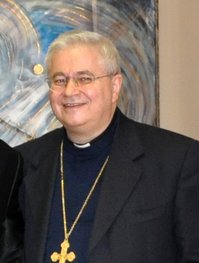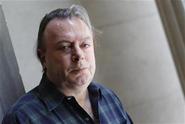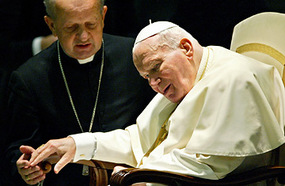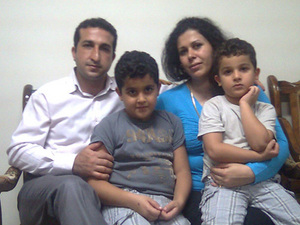In the NY Times yesterday the editors published a few paragraphs on Bill Keller and his coverage of Catholicism for the 8 last years. It was really a screed on being the priests of truth. However, the article indicates that he has gratitude for his Catholic education, noting his the fervent faith of his parents, especially his mother. But the rub for me is that now Keller identifies himself as a “collapsed Catholic” meaning “beyond lapsed.” Of course, he doesn’t explain how or what concrete events led him to arrive at being a collapsed Catholic.
Essentially Bill Keller’s understanding of Catholic faith is reduced to a set of rigid moralisms that have no vitality, no freedom, no desire. I can only surmise that Keller’s skeptical attitude toward the beauty of Catholic faith rests in his inability to see Jesus Christ as the answer to his human need now due to an absence of wonder, gratitude and true charity. I think he blames his skepticism on the “institution” of the Church on incidental things versus on things of depth. On one level who could disagree with Keller and those like him who walk away from the Church when the desire of the heart is played down.
I’d like to know what Bill Keller’s experience of Jesus is, and what his experience of receiving the sacraments is. Perhaps his problem of a lack of satisfaction in the Faith is a true lack of gratitude for what is given by the newness of the Risen Lord and that Christ is not a thing but a person.
But is there really such a thing as a collapsed Catholic? Or, a Catholic who needs a reawakening by meeting Christ personally?




